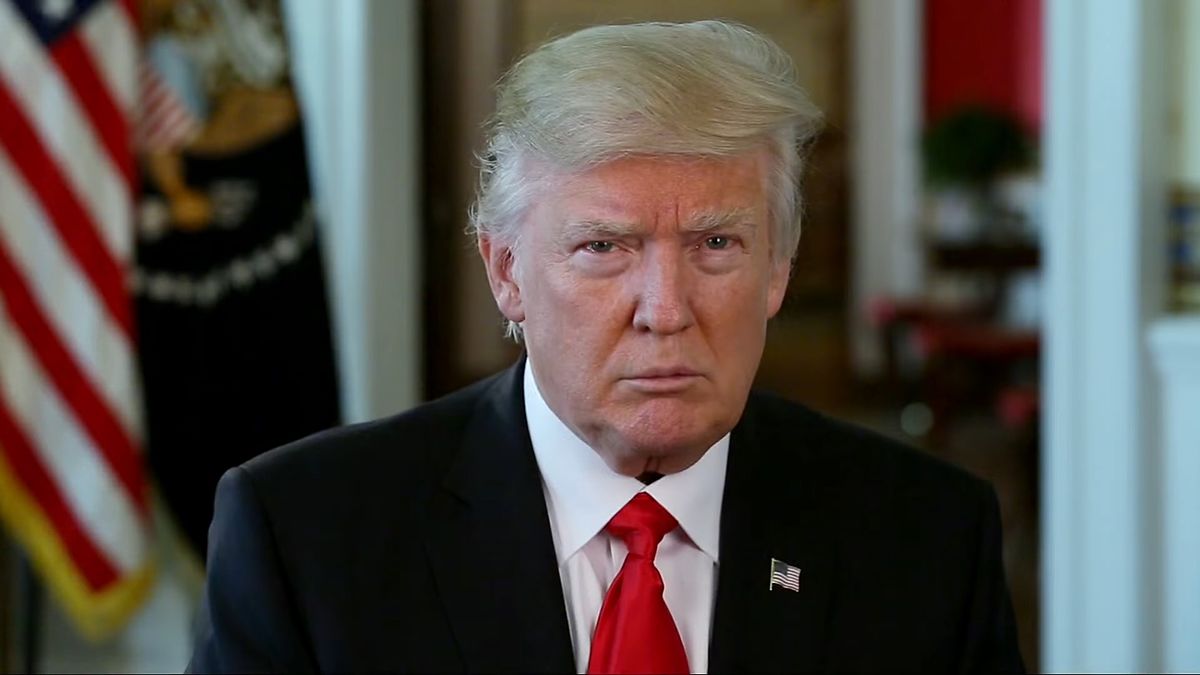PETALING JAYA, JUNE 28- Fresh elections would be the best option for Terengganu should the upcoming Kuala Besut by-election result in a hung state legislative assembly, legal experts said today.
An opposition victory in the by-election would result in Barisan Nasional and the current opposition each having 16 representatives in the assembly.
The experts said the situation could be resolved through defections or an agreement to form a bipartisan government or by seeking the advice of the Sultan.
However, none of these options would guarantee the stability of the government, they added. Prior to yesterday’s death of Kuala Besut assemblyman Abdul Rahman Mokhtar of Umno, BN had 17 seats in the house. PAS has 14 and PKR one.
 ‘Budget cannot be passed’ Edmund Bon, an official of the Malaysia Centre for Constitutionalism and Human Rights, said a hung assembly would find it hard to pass bills tabled for debate. “The most crucial bill will be the annual supply bill,” he told FMT.
‘Budget cannot be passed’ Edmund Bon, an official of the Malaysia Centre for Constitutionalism and Human Rights, said a hung assembly would find it hard to pass bills tabled for debate. “The most crucial bill will be the annual supply bill,” he told FMT.
“If they cannot pass it, then the state cannot run.” He said a way to resolve this would be for the two sides to negotiate to form a bi-partisan government which could try to reach consensus to pass certain laws on a case-by-case basis.
“But there is a danger of some elected reps crossing to the opposing side,” he added. “There is also a possibility of the Menteri Besar facing a vote of no confidence.”
Furthermore, he said, a bipartisan government would be hard to achieve in the current political scenario, with BN and PAS pursuing different ideals.
On the palace’s role, Bon said that although it is assumed that the Sultan must accept the Menteri Besar’s advice, the matter would not be as straight forward as when the position of the latter is indisputable.
“Even without a motion of no confidence, if a new leader brings a majority of the reps to see the Sultan, he can actually appoint that person as the new MB.”
The constitution of Terengganu stipulates that the Sultan appoint a Menteri Besar who is a Malay and Muslim and commands the confidence of the majority members of the assembly.
However, Article 14(4) of the constitution says that the Sultan can exercise his discretionary power and “dispense with any provision in Article 10 restricting his choice of MB.”
Snap election Elaborating on this, constitutional expert Aziz Bari said the Sultan would have the discretion to appoint a MB who in his belief would have better influence in the house and the ability to carry out the task of governing.
He added that the Sultan could make the judgment himself or seek the view of the members of the house members before deciding. “But eventually you have to come to the situation where you must have the numbers,” he said.
“If you are a minority government, and three or four of your reps decide to go to the other side, you are done in.”
He said a better solution from the ruler’s standpoint would be to dissolve the house, which he would have the right to do with or without the Menteri Besar’s advice. “It can save him from being seen as partisan or biased,” Aziz said.
“He can let the people to decide whom they want to govern the state.”
He also said there was no law preventing a snap election. Asked about the prospect of a unity government, he said it was not “workable” because there would be no opposition in the house.
“I don’t see how we can have a situation where there is no opposition. Every government must be accountable. The house is where the reps will question the government.”
The Election Commission must conduct a by-election within 60 days after receiving notice of vacancy from the speaker of the Terengganu assembly.










